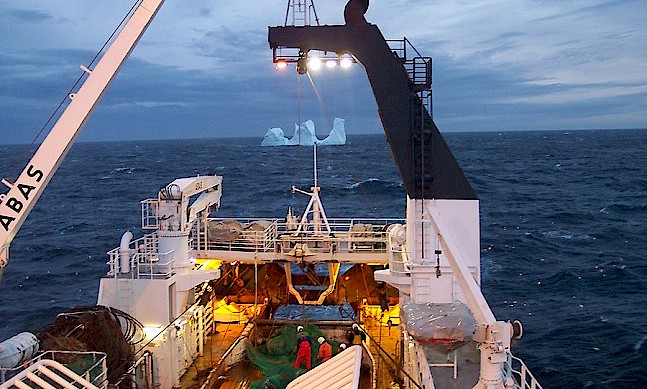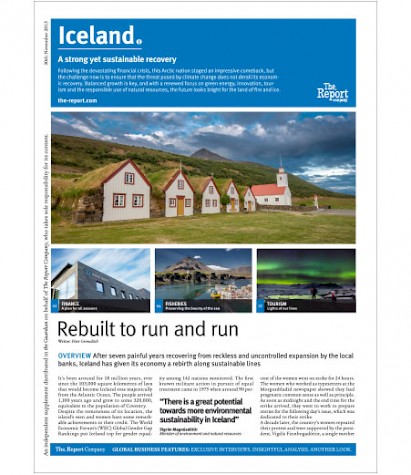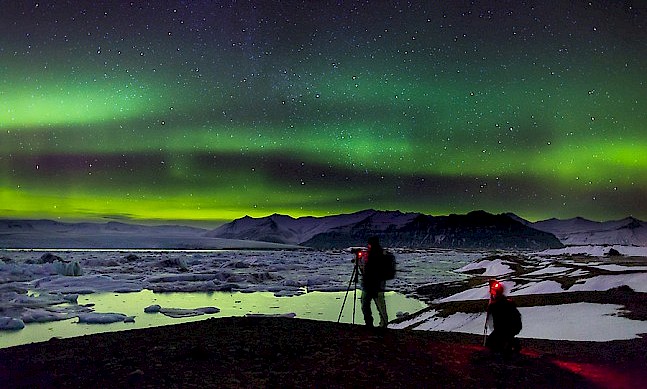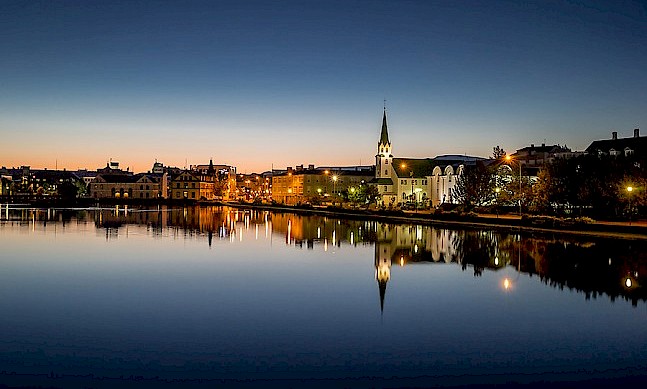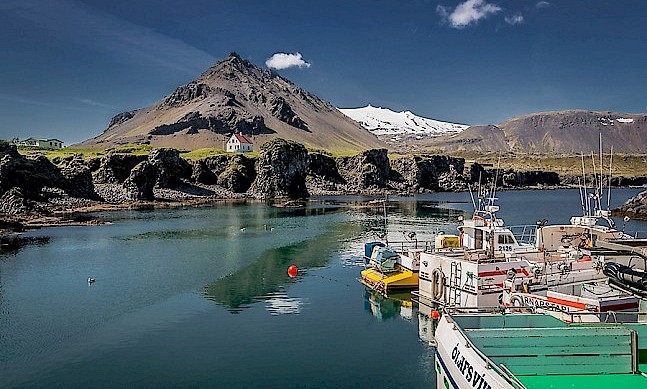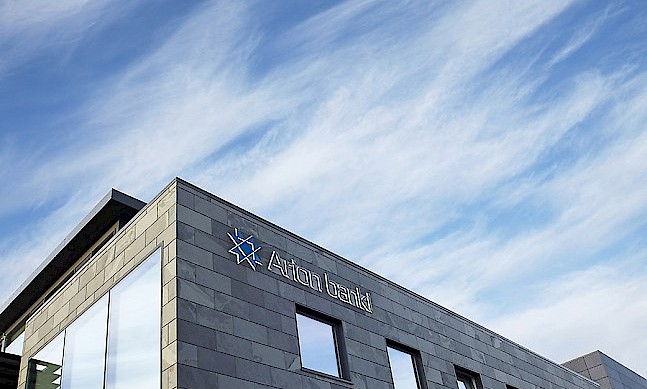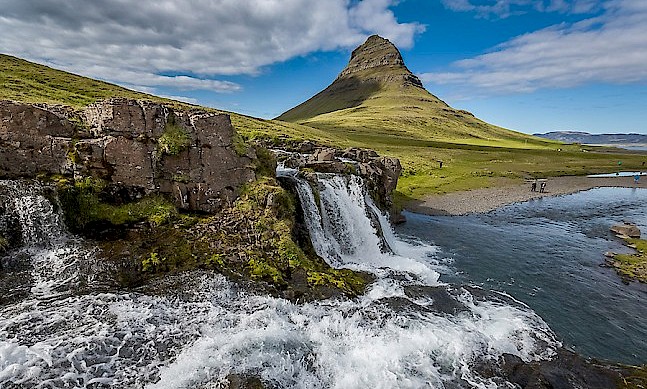Brim Seafood, one of Iceland’s biggest companies operating in the fisheries sector, can trace its roots back to 1955. A family run business, Brim's success has been built on the core values of owning and utilising reliable vessels and ensuring sustainable fishing practices. Gudmundur Kristjánsson, the firm’s CEO, talked to The Report Company about the realities of the Icelandic fishing industry.
The Report Company: How does the Icelandic fishing quota system work?
Gudmundur Kristjánsson: The quotas were worked out in 1983, when the parliament decided to put a quota on fishing vessels. The fishing industry was losing money because of overfishing and overinvestment, so parliament decided that we would use a three-year historical right on each species, so in 1984 each vessel got a quota based on what share of the total catch it had fished for the last three years. And it was based by fishing boat, not by person or company, but by boat. This is set in stone. Even though we change ministers every two or four years, they cannot change the quotas. This is why we are strong. We have 330,000 people, 63 parliament members and 10 cabinet members, so it would be easy to somehow corrupt the system, but we have been very strong and made this a law. We are the only nation who has done that.
We have a very good system in fishing, because the fishermen in Iceland are among the highest-paid people in the country. That is how it should be, because if you are using a national resource it is so important that the local people like to work in it, but you must pay them well otherwise they will leave the industry.
We have total transparency in our fishing industry, and this is a key to why we have been successful for 30 years. You can see the companies, their total catch by species, and then you can go down to the boats and see what each boat has caught. Brim Seafood has been buying quota rights from other companies for over 20 years. It is like a property right. We have the best fishing management system in the world.
People get very angry because now the quota is very expensive and so you have a lot of rich people all around Iceland, but for me it’s very good because we then have value in our fishing rights. A lot of nations have no value in fishing rights, because they are overfishing, there is pollution, there is corruption, they sell spoiled fish and no-one wants to eat it. It’s fundamentally a bad business.
“The fishing quotas are expensive, but this is very good because we then have value in our fishing rights”Tweet This
TRC: What impact did the financial crisis have on the fishing industry?
GK: With the devaluation of the krona, we did quite well because we sell our fish in foreign currencies to Europe and the rest of the world. Before, if you sold one ton of cod for, say, two euros, you’d get 300 kronas. After the devaluation, those same two euros would mean you’d get 400 kronas, so the salary of the fishermen went up.
Brim Seafood just ran as a normal company. We had loans, but for the last six or seven years we have not been able to invest because we have no access to banks: We had our own old loans, but we were not able to take new loans until two years ago when the banks opened up again.
TRC: What effect do you anticipate the lifting of the capital controls will have on your company?
GK: If we have a strong country, then the money will not go out, because there is no other place to go that you would want to take it. That is why it is so important that people have trust in their own economy. Why should we invest in London or in the US? Why not invest in Reykjavík? The people here are honest, they are not trying to cheat or steal or go with the money somewhere else, and that is because we have this transparency. Everything is totally open.
“We have total transparency in our fishing industry, and this is a key why we have been successful for 30 years”Tweet This
TRC: How innovative is Brim Seafood?
GK: When we start to fish mackerel few years ago in June, the Europeans said that this mackerel was worthless because it was skinny and loose, so what we did was to put in cooling tanks in our boats which take the mackerel straight to -1.5 degrees. By cooling it down immediately, this ensures the quality is good. We also set up a computerised drying cabin to dry fish heads for the Nigerian market. Iceland sells thousands of tonnes of dried cod heads to Nigeria today.
TRC: Does the image of Iceland have an effect on your business?
GK: Yes, I think so. I think we have a good image, and that’s why we get a good price. We have stable quality, we are not overfishing, and we are certified by MSC and other organisations. We are not overfishing, because if we overfished, our business would be over and there would be no fish tomorrow.
TRC: What would you like people to understand about the Icelandic fishing industry?
GK: We have the best fishing system in the world. We have stability and quality products, we have respect for our resource and we respect our people and we respect the people who are buying our product and eating our fish. It is very simple.


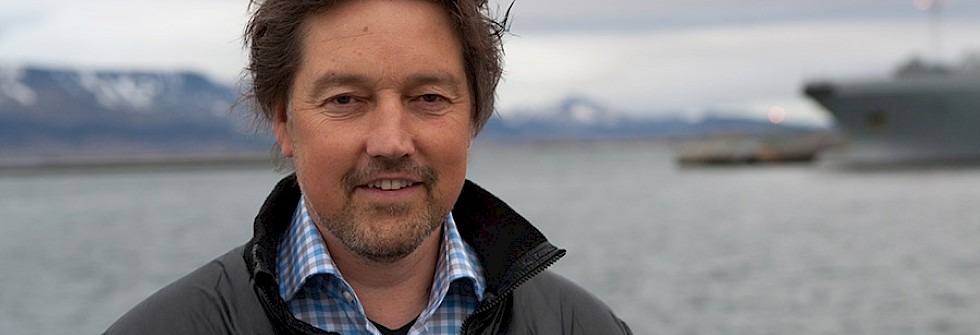 Gudmundur Kristjánsson. Photo: Brim Seafood
Gudmundur Kristjánsson. Photo: Brim Seafood
